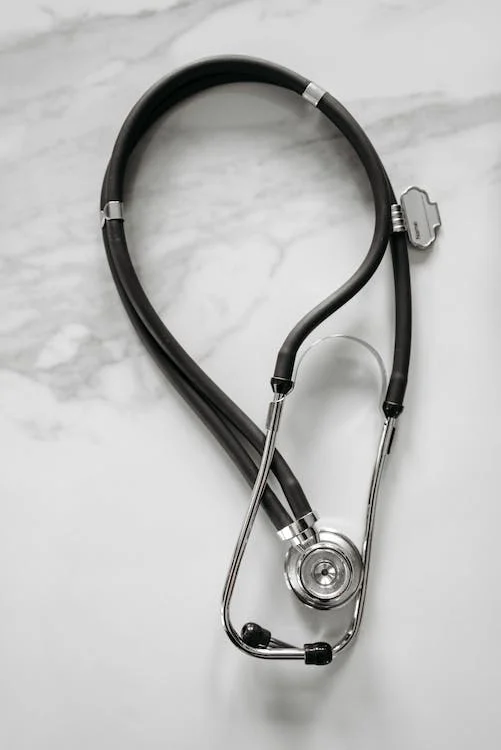
You have probably heard of food deserts.
But have you heard of a cardiology desert? Both mean a lack of access to something. Cardiology deserts are counties with no cardiologist available.
A recent report by GoodRx Health found that 2 million Black Americans live in a cardiology desert. And more than 14 million Black folks live in counties with limited or no access to cardiovascular care.
Louisiana, Virginia, Georgia, Mississippi, and Alabama each have a sizable population of Black folks and are among the places with the highest number of cardiology desert counties.
But why does this matter?
Black folks who live in these counties struggle to access cardiovascular care. These areas have higher rates of diabetes, obesity, smoking, and excessive drinking, compared to areas with a cardiologist. A cardiologist helps treat conditions like high blood pressure, heart failure, and other heart and vascular problems.
Tori Marsh, MPH Director of GoodRx Research, said in an email interview that for Black individuals who live in a cardiology desert, this can have significant implications for their health. “This could include delayed or inadequate care, limited preventative care and higher cardiovascular risk.”
“The lack of access to cardiology services exacerbates these disparities, resulting in higher rates of undiagnosed or uncontrolled conditions, higher rates of complications, and increased mortality,” Marsh said
Part of the reason there are so many counties identified as cardiology deserts is due to poverty levels. In Mississippi, the average median income for Black Americans in these counties is $25,420, whereas the average household income for Americans is more than twice that, at $57,456.
In Mississippi, 67% of counties were identified as cardiology deserts. And most of these counties have a high percentage of adults with obesity, diabetes, less access to healthy foods, and who get less physical activity and smoke more.
GoodRx Research rated the counties using an index score ranging from one to six. In Mississippi, the top 10 counties that have the highest percentage of Black folks with limited or no access to a cardiologist were all rated five in the index score. Eight out of 10 of these counties are cardiology deserts.
The rates for Louisiana don’t fare much better. More than 90% of counties in Louisiana with a sizable Black population need cardiovascular care. The report found that nearly half of these counties are cardiology deserts with no active cardiology practice.
More money would help.
“Living below the poverty level makes it harder to afford care, travel to the nearest cardiologist, cover any out-of-pocket expenses, and/or make lifestyle accommodations that may reduce the risk of heart disease (purchase healthier foods, access a gym membership, etc.),” Marsh said.
Increasing access to office-based cardiology care in rural communities has been shown to improve access in rural areas. And continuing to educate Black folks about the importance of preventative care can help lower the risk of cardiovascular disease.


